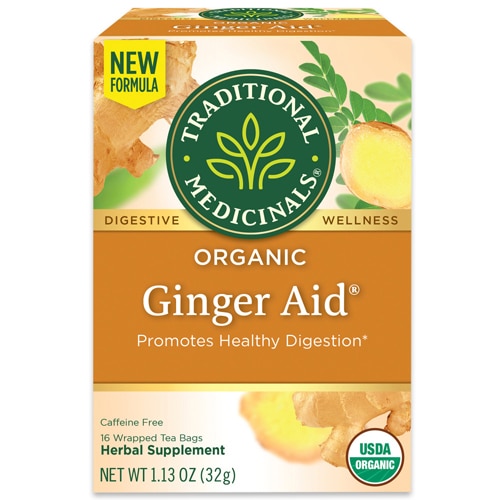Whether Mozart mellows you out after a stressful workday, Neil Young brings you back to a cherished time or place or James Brown inspires you to jump up and dance, you’ve likely experienced music’s ability to boost mood. But a growing body of research reveals that music can do more than make us smile, swoon and boogie. When used within a therapeutic framework, it can actually help heal a host of physical, mental and emotional issues.
Specifically, music therapy has been shown to help stroke and accident victims relearn to speak and walk, children with anger issues express their emotions and cancer patients perceive less physical pain. Music therapy has even inspired people with dementia and Alzheimer’s disease to recall long-forgotten facts or recognize loved ones—even if only for a few moments during a session.
Contrary to what many people assume, music therapy means more than just playing the piano for nursing-home residents or banging on tambourines with special-needs children. The American Music Therapy Association (AMTA) defines it as “the clinical and evidence-based use of music interventions to accomplish individualized goals within a therapeutic relationship by a credentialed professional.”
What that means is that board-certified music therapists assess clients’ limitations, needs and relationships to music and then craft treatment protocols—which can include singing, creating and writing, moving to or listening to music — aimed at achieving specific outcomes. According to the AMTA, engaging in these activities with a therapist can strengthen clients’ abilities to remember faces, express emotions, keep anxiety in check and so on, which are then transferred to other areas of their lives.
Who can benefit
Because music therapists work with a wide range of people and issues, protocols, and end goals vary by client. Therefore, there’s no one “typical” session. “You need to be a jack-of-all-trades and a human jukebox,” says Amy Schaack, a board-certified music therapist and owner of Life In Harmony Music Therapy in La Crosse, Wis.
For instance, when working with people who are battling cancer, “music therapists can combat some of chemotherapy’s side effects by using music as a diversion,” Schaack says. “Playing or making music fosters joy, which can take their mind off nausea or decrease perceived pain, while writing songs about their fears and grief can ease their anxieties and help them process their situation.”
For kids with cancer, the desired outcomes are slightly different. “One goal is to give them a chance to be in control, because they can’t make many of their own choices during cancer treatment. When I give a kid a basket of instruments and tell him to grab any one he’d like, that shows him, he’s not just a kid who doesn’t have a voice.”
With people suffering from Alzheimer’s and dementia, therapists work on memory recall. Schaack says music therapy brings clients back cognitively to where they understand what’s going on at that moment—which can significantly ease the agitation and restlessness common with dementia. Family and friends often participate in sessions as well. Whether through singing together or by seeing their relative’s face light up when she recognizes a song, “music therapy gives people a way to reconnect with a loved one who no longer recognizes them,” Schaack says.
Still, you don’t have to be ill or injured to benefit from music therapy. Studies show it can ease anxiety and lower blood pressure and levels of the stress-causing hormone cortisol in healthy adults. Schaack has also seen music therapy help laboring mothers divert their attention from the pain of delivery.
One song doesn’t fit all
Along with determining which musical activities to try, therapists also must figure out which genres, rhythms and instruments each individual responds to. According to Schaack, playing music that a client enjoys can put him at ease or help him unearth emotions, which can foster healing. Conversely, music he dislikes or that sparks unpleasant memories could quickly sour his mood, ramp up anxiety or increase blood pressure. “You can do serious harm to the healing process if somebody hates country music, for example, and that’s what you play,” Schaack says.
With verbal clients, assessing preferences can be as easy as asking them what they like and what role music has played in their life. But when a patient can’t express herself and her loved ones don’t know her musical bent, it’s up to the therapist to determine likes via other means.
“I ask about their other interests, what movies and TV shows they like,” Schaack says. “Or I’ll play one song from a range of genres and see how they respond. Alzheimer’s and dementia patients sometimes start singing along, which tells me they like a certain song.” For clients in comas who can hear but can’t communicate, Schaack watches their breathing, muscle tension, blood pressure and other cues to determine what they like and dislike.
Dollars and sense
Of course, in deciding whether to pursue music therapy for yourself or a loved one, the questions of cost and health care coverage arise. Currently, Medicaid and Medicare cover sessions in some states and with certain limitations. Schaack says she submits claims to clients’ third-party insurance companies, but they’re frequently denied. However, this may not be the case for long. According to the AMTA, more insurance providers are covering music therapy as evidence for its effectiveness mounts.




